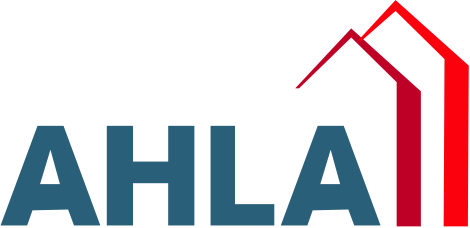WASHINGTON, D.C., June 16, 2016 – The American Hotel & Lodging Association (AH&LA) today released a new study that provides a detailed analysis of the rise in commercial activity taking place in Boston on Airbnb, one of the most trafficked short-term rental websites. The study was conducted by John O’Neill, MAI, ISHC, Ph.D., professor of hospitality management and director of the Center for Hospitality Real Estate Strategy in the School of Hospitality Management at Penn State University, and examined activity on Airbnb between October 2014 and September 2015.
The study builds on the national analysis released earlier this year that shows a troubling trend: a growing number of commercial operators are using Airbnb to run unregulated, and often illegal, lodging businesses.
Key findings:
- The overwhelming majority of Airbnb’s revenue in the Boston region – 83% or almost $40 million – came from operators who listed their unit(s) for rent for more than 30 days per year.
- Operators listing multiple units for rent drove almost half (45%) of Airbnb’s revenue in the Boston region - $21 million.
- More than half of Airbnb’s Boston-area revenue, almost $25 million, came from operators who listed properties for rent more than 180 days per year.
- The five Boston-area zip codes with the most properties listed on Airbnb accounted for more than $13 million, or nearly 30% of Airbnb’s revenue in the Boston metropolitan area.
“In the Boston area, commercial landlords using platforms such as Airbnb are essentially operating de-facto hotels that dodge many of the important lodging rules and regulations that protect our guests and preserve communities,” said Rachael Solem, Owner, Irving House at Harvard & Harding House. “As a bed and breakfast owner in Cambridge, I follow the rules of the road and so should the commercial operators who use sites like Airbnb to run commercial businesses. Elected officials in Boston, Cambridge and around Massachusetts should take steps to stop illegal hotel operators and level the playing field for our state’s legitimate businesses.”
“Hotels and other lodging businesses in Massachusetts thrive on competition that occurs on a legal and level playing field,” said Paul Sacco, President and CEO of the Massachusetts Lodging Association. “Unregulated hotels operated in residential properties are disruptive to communities, and pose serious safety concerns to the millions of tourists who visit our state annually, and to the residents who live and work in our neighborhoods The rise of these commercial hosts represents a large and growing revenue stream for short-term online rental platforms like Airbnb and a challenge for policymakers who are trying to protect communities and ensure a level playing field for businesses in Massachusetts.”
“Illegal hotels operating in residential areas in the Boston metropolitan area and across Massachusetts present serious concerns for travelers and residents alike,” said AH&LA President and CEO Katherine Lugar. “We have seen again and again in cities across the country that Airbnb is unwilling to be transparent with its data and truly partner with city and state officials to create safe environments for its users and the communities in which it operates. And now we know why: a growing portion of Airbnb’s revenue comes from commercial landlords using the platform to operate unregulated and often illegal lodging businesses. Airbnb’s reluctance to be more forthcoming with their data should call into question their ‘honor system’ for how the short-term rental platform plans to remit taxes in the city and crack down on illegal hotels. Policymakers in Massachusetts and around the country should act to ensure a fair travel marketplace by closing the illegal hotel loophole.”
Boston is one of the 14 cities profiled in a series of reports that comprise a second phase of an analysis into the commercial activity being transacted on Airbnb’s platform. The initial analysis (“From Air Mattresses to Unregulated Business: An Analysis of the Other Side of Airbnb”) was released in January 2016.

